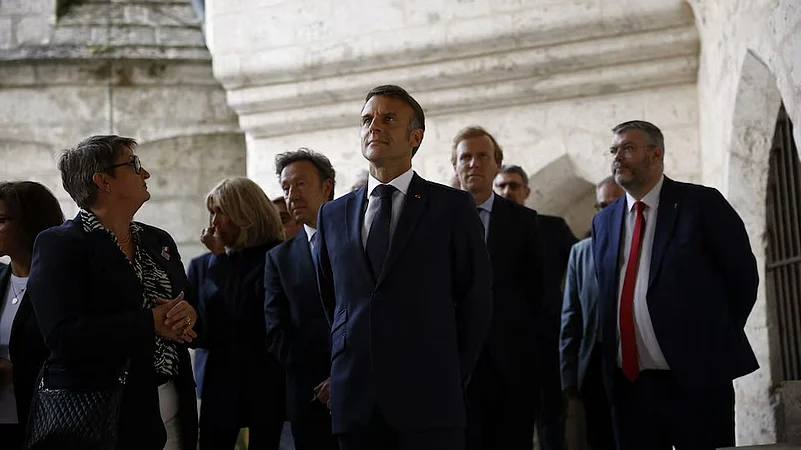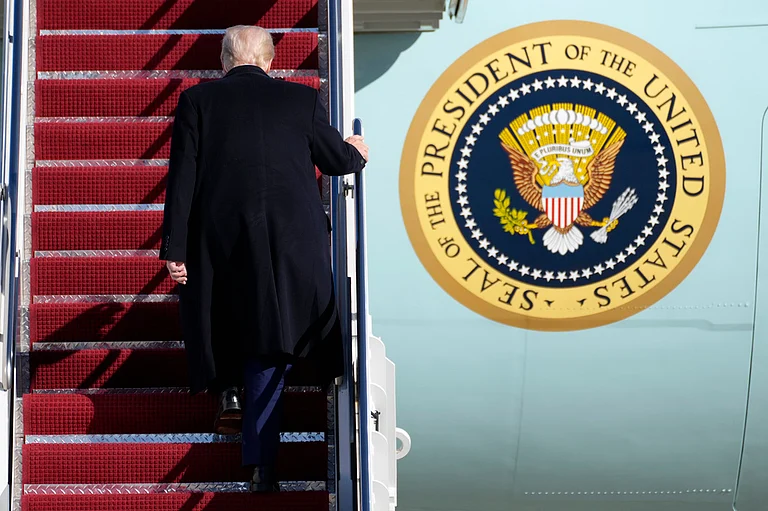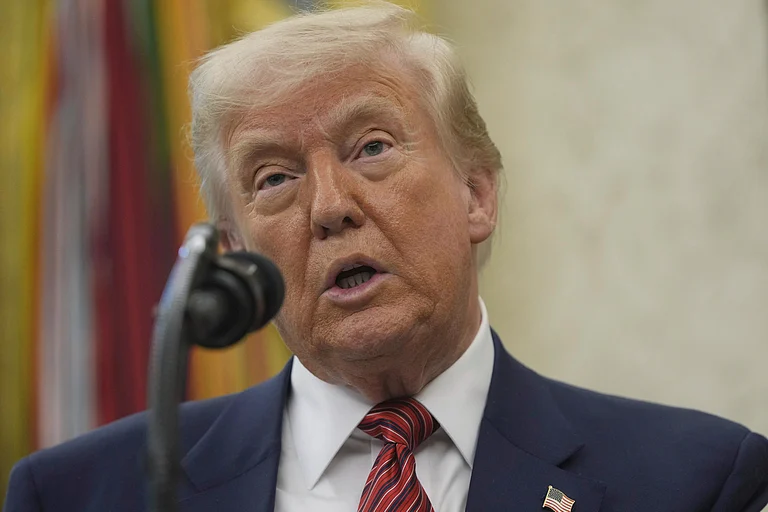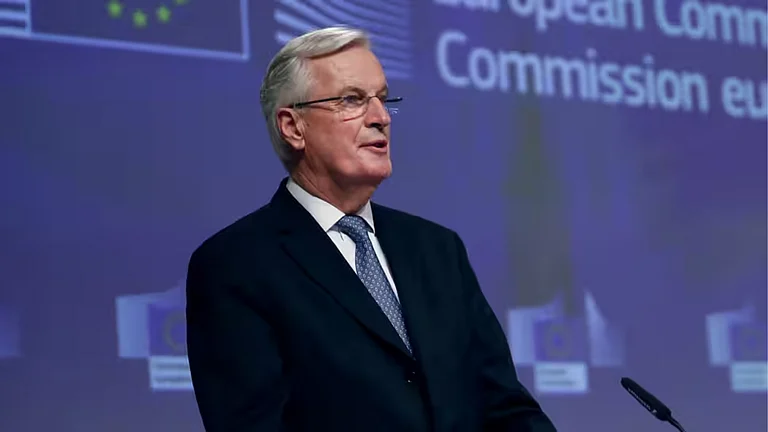On Saturday, Michel Barnier who was appointed the French Prime Minister on September 5, unveiled a new government aimed at navigating the complexities of a hung parliament, a development that has emerged after more than two months of political uncertainty that followed President Emmanuel Macron’s surprise decision to call early elections. The new administration, led by Prime Minister Michel Barnier, seeks to strike a delicate balance between right-wing factions and centrist allies, reflecting the fragmented political landscape of the National Assembly.
The snap elections
The current political landscape in France has been shaped significantly by the snap legislative elections held in June. These elections were precipitated by the surprising results of the 2024 European Parliament elections, where Marine Le Pen's far-right National Rally (RN) was projected to win in France. In response, Macron dissolved the parliament and called for a two-round snap election on June 30 and July 7, stating that the results "cannot be ignored."
However, Macron’s centrist alliance, Ensemble, suffered a setback in these elections. In the first round, the RN and far-right factions emerged as formidable forces, sparking protests across Paris and prompting opposition parties to unite against them. The New Popular Front (NFP), the left-wing coalition, formed alliances with various left-leaning parties to counter the RN's momentum. In the second round, their efforts paid off, as the NFP secured a total of 182 seats, while Macron's coalition garnered 163 seats and the RN came in third with 143 seats.
Macron, however, despite their electoral success rejected the left alliance candidate, Lucie Castets, for the prime ministership in favor of Barnier. This decision has further fueled tensions within the fractured parliament. Far-right lawmaker Jean-Philippe Tanguy mocked Barnier, labeling him a “fossil that has been fossilized by politics,” illustrating the challenges ahead for the new administration.
Interestingly, while the left expressed dissatisfaction, the RN welcomed Barnier’s appointment. Marine Le Pen said that Barnier appeared to meet the RN's criteria of engaging with diverse political forces, indicating a possible, albeit cautious, path for collaboration.
A cabinet of compromise
The formation of Barnier's cabinet represents a significant shift in France's political dynamics. With a strong focus on garnering cross-party support, the new administration includes several notable figures from the conservative Republican party. This group historically aligns with former President Nicolas Sarkozy. Among them, Bruno Retailleau has taken on the crucial role of interior minister, a position that encompasses responsibilities. One of them is immigration—a sensitive topic that is likely to influence policy direction moving forward.
Despite these conservative appointments, the government also retains continuity by keeping several outgoing ministers in key positions. For instance, Sébastien Lecornu continues as defense minister, while Jean-Noël Barrot has been made foreign minister, where he is expected to navigate complex international issues, particularly within the European Union.
The most surprising appointment, however, is that of 33-year-old Antoine Armand as finance minister, who is a relatively unknown figure from Macron's own Renaissance party.
What lies ahead for Barnier?
The political landscape in France remains highly fractured. The centrist coalition formed by Macron's Renaissance and the Republicans is a minority government that requires external support to pass legislation. Marine Le Pen’s far-right National Rally (RN) has signaled a willingness to provide tacit support, contingent on the government addressing its concerns regarding immigration and security. This dependency on the RN exhibits the precarious nature of Barnier’s administration and highlights the complexities of governance in a politically diverse environment.
Experts have pointed out that Barnier's government will need to navigate carefully, offering concessions to gain votes from opposition parties, which is an important shift from the usual governing paradigm in France. The left-wing alliance, the New Popular Front (NFP), which emerged with the most seats in the recent elections, has voiced strong opposition and even threatened a no-confidence motion against the government. Their leader, Jean-Luc Mélenchon, has called for swift action to challenge the new administration, complicating the legislative process further.
Financial pressures and EU scrutiny
The backdrop of financial pressures looms large over Barnier’s cabinet. With France's public deficit projected to exceed the EU’s mandated 3% limit, the government faces urgent calls to rein in spending and stabilize fiscal health. The European Union has already indicated that it will monitor France closely, emphasizing the need for compliance with budgetary rules.
In addressing these fiscal challenges, the new finance minister, Antoine Armand, will need to craft a budget that balances economic prudence with the public's expectations amid rising living costs and social pressures. His approach will likely be scrutinized not only by the parliament but also by international stakeholders who are keenly aware of France's role as a major voice in EU policy and global economic discussions.
As Prime Minister Barnier prepares for his first significant challenge—a general policy speech to the National Assembly on October 1—his government stands at a crossroads. The coalition between centrists and conservatives, while a pragmatic solution to the recent electoral outcomes, will require deft maneuvering to avoid the pitfalls of a divided parliament.
The coming weeks and months will be critical as Barnier attempts to establish a cohesive governance strategy while addressing the pressing demands of a diverse electorate. The implications of his government's decisions will resonate beyond France, affecting the broader European landscape as the continent grapples with economic recovery, geopolitical tensions, and evolving social dynamics.





























